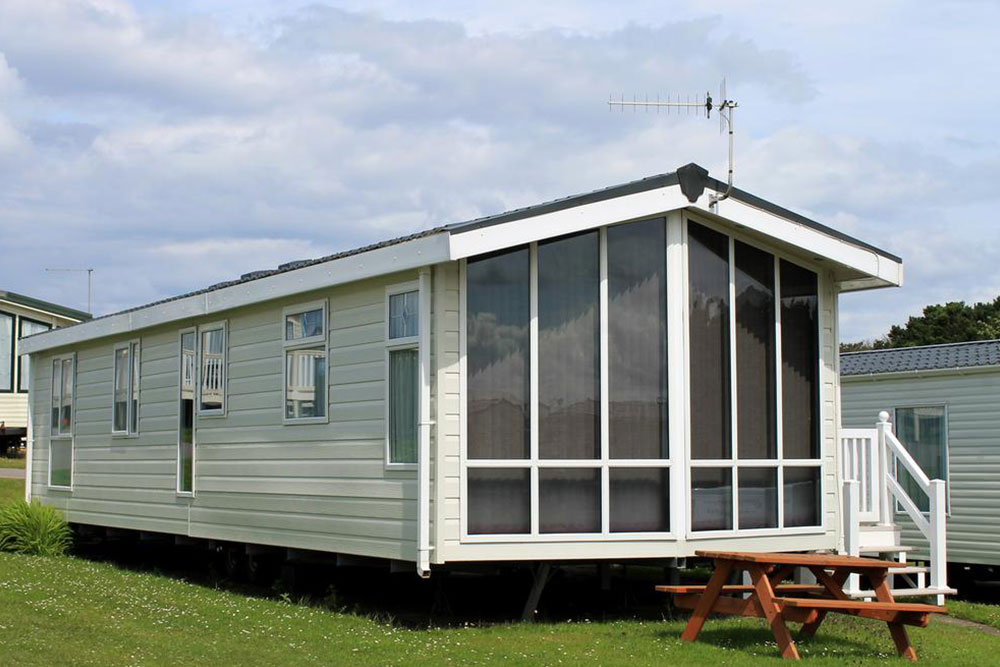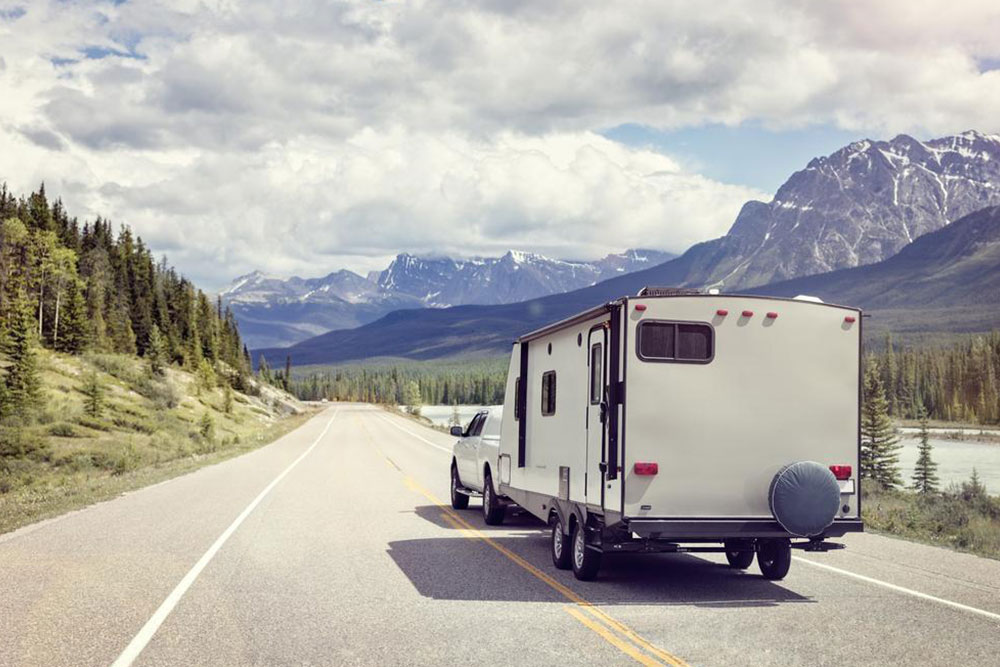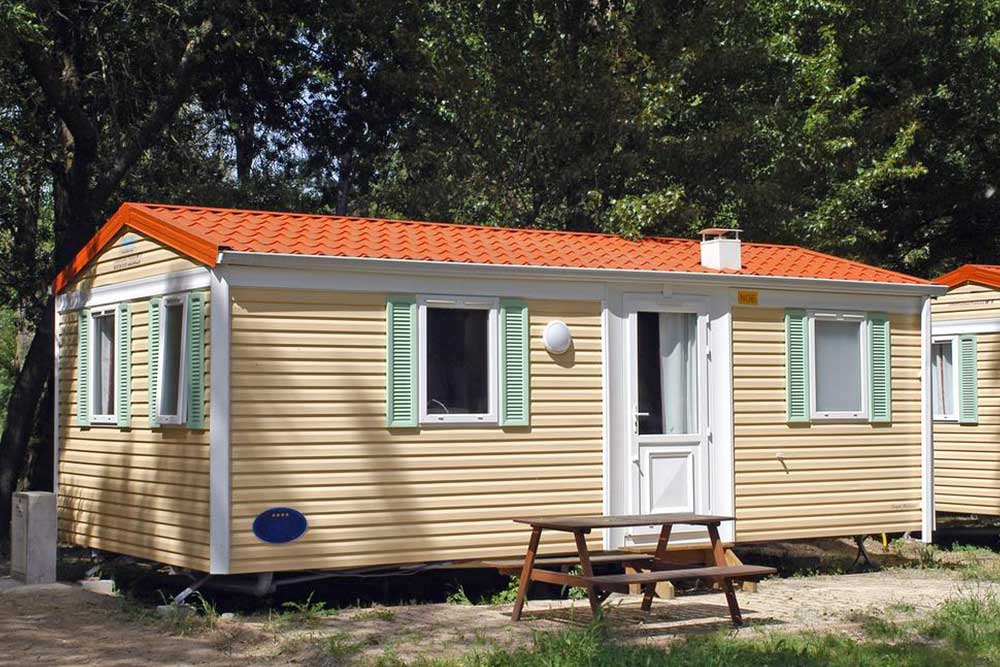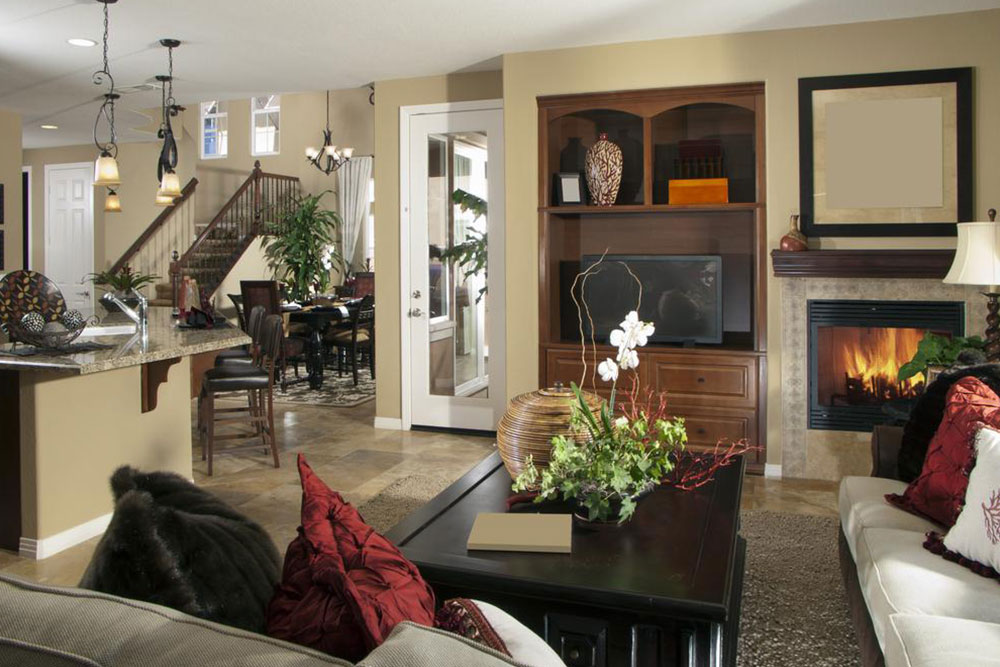Essential Guide to Preparing for Your Move to a Mobile Home
Considering a move to a mobile home? This comprehensive guide covers essential factors like setting goals, utility planning, community exploration, design customization, budgeting, legal compliance, and maintenance. Learn how to plan your transition smoothly and make the most of mobile living benefits. Suitable for those seeking affordable, flexible, and eco-friendly housing options, this article helps you navigate the complexities of mobile home relocation for a successful living experience.
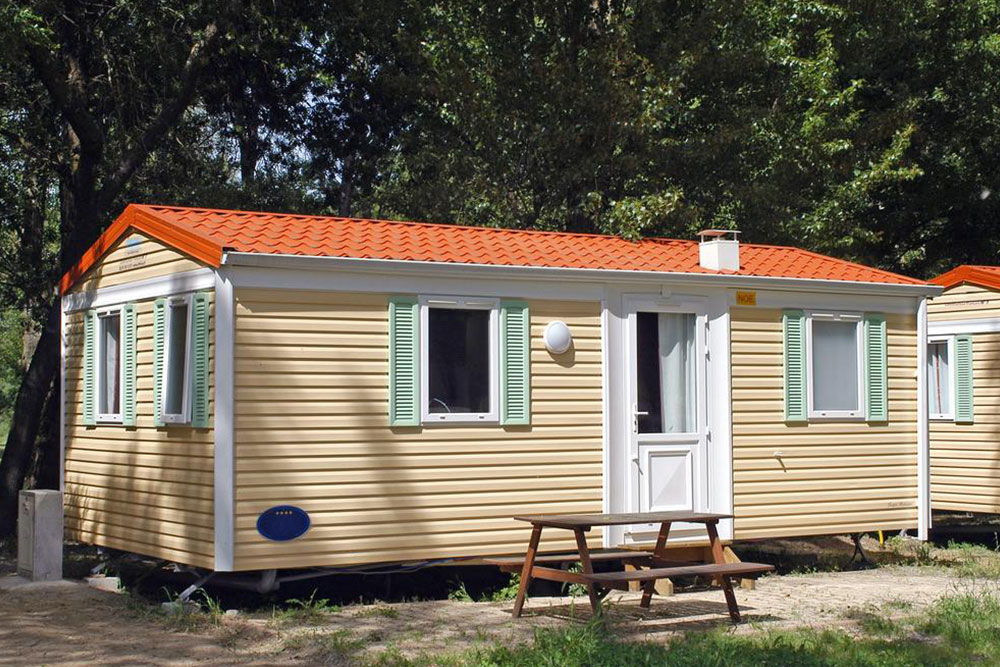
Key Factors to Consider Before Transitioning to a Mobile Home
Embarking on a move to a mobile home can be an exciting new chapter filled with opportunities for simplified living and financial savings. However, this transition also requires thorough planning and understanding to ensure a smooth changeover. Moving from traditional housing to a mobile home entails various logistical, practical, and lifestyle adjustments that need to be carefully considered. Recognizing these factors ahead of time can greatly reduce stress and help you make informed decisions that align with your needs and goals.
One of the critical advantages of mobile homes is their affordability and efficiency. They are designed to promote a minimalist lifestyle, are generally more environmentally conscious, and can be customized to suit personal preferences. Nevertheless, the wide variety of mobile home options available—different sizes, layouts, and construction materials—can make choosing the perfect unit a complex task. It’s essential to approach the selection process with a clear understanding of your priorities.
Preparing for a move to a mobile home goes beyond just selecting the right model. It involves several critical steps that ensure your new living situation will be comfortable, functional, and sustainable. Here, we delve into seven crucial considerations that can make your transition seamless and enjoyable.
1. Define Your Goals and Expectations
Before initiating the move, it’s vital to establish clear objectives for what you want out of your new mobile home lifestyle. Are you aiming for a simpler life, reduced expenses, or a flexible travel lifestyle? Knowing your goals helps guide decisions about the type of mobile home to purchase, the associated costs, and the lifestyle adjustments needed. Break down the process into manageable steps, such as focusing on one room at a time, to prevent feeling overwhelmed and to track your progress effectively. Setting realistic expectations from the outset will keep you motivated and organized throughout the journey.
2. Proper Planning for Utilities and Infrastructure
One of the core aspects of moving into a mobile home involves ensuring that utilities such as water, electricity, heating, and sewage systems are properly connected and functioning. Conduct a comprehensive inspection of the existing connections and systems. It’s also wise to familiarize yourself with the troubleshooting procedures in case of utility failure. Coordinating with local service providers and understanding their maintenance schedules can prevent unexpected disruptions. Additionally, check the availability of essential amenities and make any necessary adjustments, such as upgrading electrical panels or installing water treatment systems, to suit your household needs.
3. Exploring Your New Community and Neighborhood
Getting acquainted with your surroundings is essential for settling comfortably. Research the local area to identify key services like medical clinics, grocery stores, gas stations, and restaurants. Understanding transportation routes and access points helps in planning daily routines. Building positive relationships with neighbors can foster a sense of community, making your transition smoother. Participating in local events or visiting community centers can deepen your understanding of the area and enhance your social network. Understanding the local regulations, HOA rules (if applicable), and community guidelines will ensure compliance and help you integrate seamlessly.
4. Customization and Interior Design
Mobile homes are highly customizable, allowing you to create a living space that reflects your personality and meets your practical needs. Consider the layout and how your furniture and storage solutions will fit. Prioritize making the space functional, especially in smaller units, by utilizing space-saving furniture and multi-purpose pieces. Incorporate personal touches like artwork, curtains, and décor to make your mobile home feel cozy and inviting. When planning renovations or upgrades, ensure that any modifications comply with safety standards and local regulations. Thoughtful design can significantly enhance your quality of life and make your mobile home feel like a true sanctuary.
5. Budget Considerations and Financial Planning
While mobile homes are generally more affordable than traditional houses, it’s important to account for all associated costs. These include the purchase price, transportation, setup fees, utility hookups, insurance, maintenance, and potential permit or zoning costs. Establishing a realistic budget helps prevent overspending and financial stress. Explore financing options, including personal loans or mobile home financing plans, if necessary. Keeping a contingency fund for unexpected expenses is also advisable. A well-planned budget ensures that your move remains financially sustainable and that you can enjoy your new home without undue financial strain.
6. Legal and Regulatory Compliance
Understanding local zoning laws, building codes, and HOA rules is critical before moving into a mobile home community or placing your unit on a property. Some areas may have restrictions on mobile home sizes, parking, or site modifications. Obtain all necessary permits and licenses prior to installation to avoid legal complications. Familiarize yourself with insurance requirements, including coverage for the structure, personal belongings, and liability. Consulting with legal or real estate professionals can provide clarity on compliance issues and protect your investment.
7. Long-term Maintenance and Upkeep
Maintaining a mobile home requires regular inspections and upkeep to ensure longevity and safety. Develop a maintenance schedule for routine tasks such as roof inspections, plumbing checks, electrical system evaluations, and appliance maintenance. Address issues promptly to prevent costly repairs in the future. Gardening, exterior cleaning, and pest control are also important for keeping your mobile home in top condition. Being proactive about maintenance not only preserves your property’s value but also contributes to a safe, comfortable living environment for years to come.
Transitioning to a mobile home can certainly be a rewarding experience when approached thoughtfully. By setting clear goals, understanding utility connections, exploring your community, customizing your space, managing your finances, complying with legal regulations, and planning for maintenance, you can ensure that your move is successful. Although it may seem overwhelming initially, the benefits of mobile living—affordability, flexibility, and a minimalistic lifestyle—make the effort worthwhile. Remember, a well-prepared move leads to a fulfilling and sustainable way of living that aligns with your lifestyle and values.
